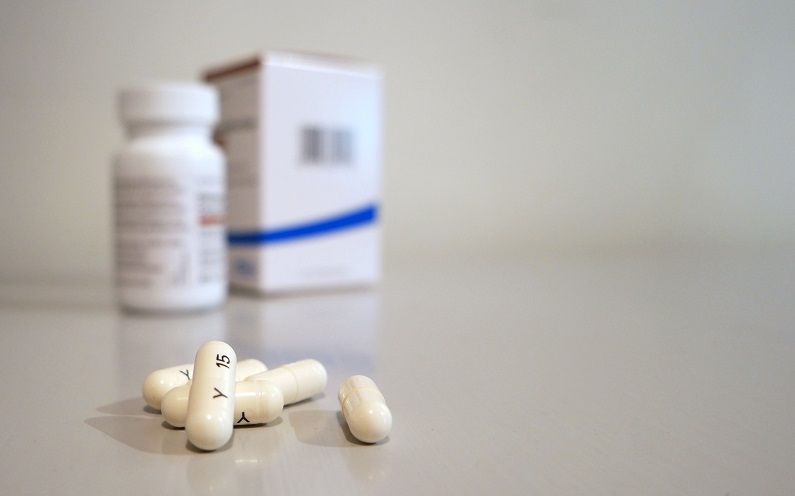The largest provide of generic drugs in the world settles opioid cases for billions.
Teva Pharmaceuticals will reach an opioid settlement by the end of this year. The settlement amounts to $4.35 billion nationwide over a 13-year period, and Teva will start paying off its opioid lawsuits in 2023. In order to cover the $300-400 million dollar loss per year in lawsuits, the company plans to shut down sites and reduce and close 10 of its 53 manufacturing plants within the next few years.
The use of opioid drugs dates back to 3400 B.C. with the cultivation of poppies in ancient Mesopotamia. Modern versions, however, concentrate the naturally occurring chemicals so that the effects are stronger, more dependable, and longer lasting. Oxycodone, a type of opioid, first appeared on the market in the mid-1950s and ever since has become a major problem and source of addiction.
For over two decades, opioid addiction has wreaked havoc on the U.S. and the rest of the world. In the United States alone, there have been 400,000 deaths. In 2021, COVID-19 lockdowns put a strain on the pharmaceuticals industry and caused a spike in overdose deaths resulting in an additional 80,000 in one year. Moreover, prolonged opioid usage is linked to risk of infectious diseases, depression, and suicide. In 2018, a study conducted by the Substance Abuse and Mental Health Services Administration (SAMHSA), reported that over 2.35 million Americans were suffering from Opioid Use Disorder (OUD).

As a result, many families across America have been ripped at the seams due to the growing crisis. One woman named Cristin swallowed an Oxycontin at age 18 after a car accident when physical therapy was not treating her pain properly. Despite following prescription guidelines, she became addicted and eventually turned to street drugs, like heroin and methamphetamine after the doctor did not refill her prescription. Cristin’s addiction sent her life into a spiral. She soon found herself living in squalid conditions and squandering her money to feed her addiction.
Additionally, OUD is closely linked to homelessness. Many people living on the streets are addicts caught in an addiction cycle they can’t seem to break. Homeless people interact with drug dealers and other illicit street activities more often than others, meaning it’s easier to keep feeding their addiction than getting help to end it. As a result, many deaths among those living on the streets are directly result of opioids. According to a 2018 study, 81 percent of homeless people who overdose have opioids in their system at the time of death.
Despite the devastation caused by addiction throughout the nation, Teva Pharmaceuticals did not admit to any wrongdoing. Instead, it claimed to have sold a legal drug that was approved by the FDA through normal channels. Additionally, it contends it should not be responsible for illegal use of its drugs.
The $4.3 billion settlement is a substantial amount of money but is a drop in the bucket when compared to the loss of life and the broken homes resulting from opioid dependency and overdoses. Decades of opioid abuse have resulted in an expanding homeless population and the number of children growing up without their parents. In reality, these settlements only represent a fraction of the loss as a result of opioids both in America and around the world.
Sources:
Opioid Manufacturer Teva Pharmaceuticals Reaches $4.25B Global Settlement
Overview: The opioid crisis in America


Join the conversation!